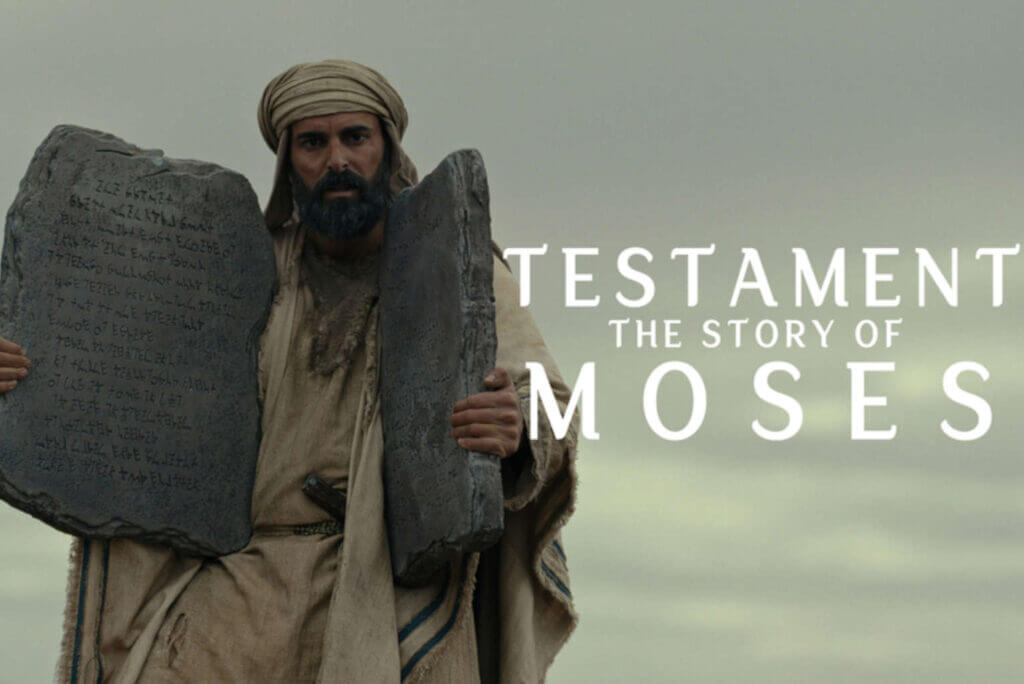Prophetic declarations will bring forth both results and warfare, but there is a positive aspect in knowing how to declare. When you know how to declare you can decree against the warfare that will attempt to attack your situation.
Why do you think people don’t see the manifestation of their prophetic words? Because spiritual warfare is released when the word is spoken, and we are not interceding against the warfare. We must learn how to war, fight and declare through prayer against the spiritual battle that comes following those prophetic words. People give up waiting for their prophetic words to come. The battle begins when the declaration, whether prophetic or not, has been spoken.
When we are in a spiritual battle and need to pray, crying out to God with prayers in our mind somehow doesn’t seem quite strong enough. How can we truly express in our mind the desperation we are in for God to answer our prayer? Think about when we need to get our point across to a person or really need their help. Can a silent conversation convey our point? Of course not! We need to verbally communicate with that person. As Christians, we need to transition our prayers from our minds to our mouths in audible communication to the Lord.
What seems more effective in your prayer time? Thinking: “God help me. You know my situation. You know I need Your intervention.” Or speaking out loud, “God, help me! God, I am desperate for You to show me the strategy to get this spiritual warfare to cease. Jesus, intervene for me! Give me divine strategies. Heavenly Father, I call out to You. Save me!”
I believe that sometimes we can’t get our prayers answered because we think we are praying in our spirit when we are truly thinking about our situation in our mind, pondering it instead of praying about it. I believe that is why it is good to decree and declare our prayers out loud—so we get our mind busy and don’t think about it. We take action and pray about it instead.
I believe that is what David has modeled in the Bible for us, to verbally communicate with God. When I look at David and the distresses he must have been under, I don’t think a silent conversation would have cut it. What about Jesus when He prayed so hard in the garden that He sweat blood? Do you really think praying in His mind, connecting only in spirit, would have gotten the job done? Absolutely not! He was in anguish, pleading with His Father. That kind of prayer could have only been done verbally, out loud, spoken out, and I’m sure there must have been a raised voice in there somewhere. Do you think He said in a mousy way, “Father, take this cup from Me?” or do you think He cried out with anguish, stress, grief, confidence and desperation, “Father! Take this cup from Me!”
When we study about David in the Book of 2 Samuel, we discover many verbal action words referring to His prayer life, words such as “spoke,” “call upon,” “cried out,” “cry” and “said.” These are all action words, words he had to speak. To speak, you need to open your mouth, move your lips and tongue, and activate your vocal cords and voice box. These are actions we have to take, like David, and when we exercise all of these communication skills, they have power and obtain great results.
What I love about 2 Samuel 22 is how God responded to David’s plea in distress. I think many times when we pray in our mind, we are thinking about our problems and getting stuck in a direction that is unfruitful and unprofitable. We can’t effectively convey to God what is in our heart. But, when David cried out to God, He responded powerfully!
Right at the beginning of 2 Samuel 22 we discover the words “spoke,” “said” and “call upon”?
Now on the day the Lord delivered him from the hand of all of his enemies and from the hand of Saul, David spoke to the Lord the words of this song. He said: The Lord is my rock and my fortress and my deliverer; the God of my strength, in whom I will trust; my shield and the horn of my salvation, my fortress and my sanctuary; my Savior, You save me from violence. I call upon the Lord, who is praiseworthy, and I am saved from my enemies (2 Sam. 22:1-4).
David spoke to the Lord. He didn’t think or communicate in his thoughts. He spoke.
Furthermore, in the day of deliverance he verbally declared out loud who the Lord is, his rock, fortress and deliverer. He declared Him as the God of his strength and declared his trust for Him. David continued to praise the Lord with his words. He declared God as a stronghold, refuge and Savior. He proceeded to acknowledge that the Lord saves him from violence.
I believe some of our situations would change if we declared out loud who God is or should be to us instead of us thinking and pondering in our minds what is not happening. When we declare out who God is, we are taking our focus off of our problems and the victim mentality that could be attacking us and putting it on who God is and the victory we have in Him. It can take us from sulking to rejoicing in a minute.
David declared out the Lord as a refuge, a place of rest and retreat. Speaking these words will bring us life. It will bring us to a place of rest and retreat, knowing God protects us, since He is our shield. He is our safety, our place of solace. As we speak out who the Lord is, it comes back into our ears, into our soul and into our spirit man and builds us up. As we hear those words, we start to believe them, and they become part of us as we live them out.
David continued to say that he would call upon the Lord, who is worthy to be praised (v. 4). “I will call upon” are action words. He is stating that when he calls upon the Lord, he will be saved. He is doing his part, so God can respond. David got up and called upon God. And God responded by saving David, which is preserving him, helping him, rescuing him, defending him and delivering him.
We could all use God to save us in a particular situation, but first we need to do our part as David did and call upon the Lord verbally, out loud. We need not just to think it but do it. Like the Nike slogan, just do it. {eoa}
Excerpt taken from Speak Out, published by Creation House.
Kathy DeGraw is a prophetic healing and deliverance minister and the founder of DeGraw Ministries. She is passionate about releasing the love and power of God to empower and activate people. She is the author of several books including; Speak Out, Warfare Declarations, Who is Speaking? and Powerful Prophetic Proclamations. You can connect with Kathy on Facebook at facebook.com/kathydegraw or visit degrawministries.org.
See an error in this article?
To contact us or to submit an article






















